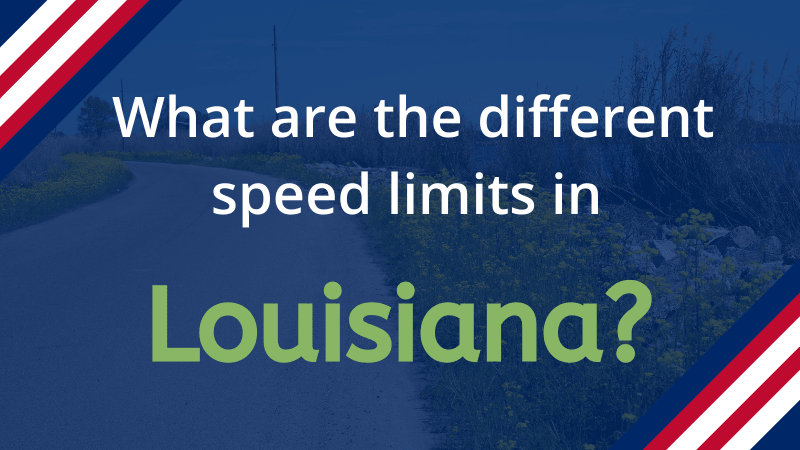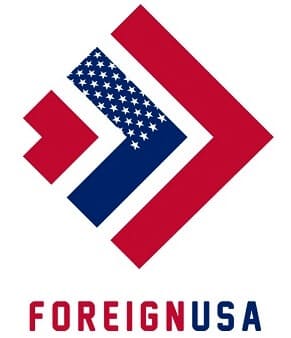Anyone who lives or is looking to visit Louisiana, or who plans to journey through the state by car must understand what the speed limits are.
Laws surrounding speed limits are quite stringent in Louisiana, much the same as anywhere else in the U.S. However, it is better to be safe by abiding by the speed limit as it will not only cost you less in fines and potential points on your license, but it can help save yourself and others from unnecessary accidents.

The Louisiana Department of Transportation has established the safest speed limits to travel in specific areas of the state. The different speed limits highlight the fastest speeds you are legally allowed to drive when conditions are good and the visibility is clear.
Louisiana speed limits are split into two, basic speeding law and absolute speed limits. The basic speeding law requires drivers to travel with a duty of care. No person shall drive a vehicle on a highway at a speed greater than is reasonable and prudent under the conditions.
This means that as a driver in Louisiana, you must travel at a sensible and safe speed depending on the weather conditions and the road surface, regardless of the signed speed limit you see.
An example of this would be that if you were traveling down a Louisiana urban freeway at the signed speed limit of 60 mph through a tropical storm, or just in heavy wind or rain. This may be considered unsafe and could result in a speeding ticket.
What is the Maximum Louisiana Speed Limit?
The absolute speed limit is pretty simple to understand, what you see is quite literally what you get! So, if the speed limit you see is 60 mph, and the weather is good and visibility is clear, you may drive at that speed limit or lower.
Here are the absolute Louisiana speed limits:
- 20 mph in school zones.
- 30 mph in residential areas.
- 55 mph on any highway in Louisiana unless otherwise stated.
- 60 mph on interstate highways such as I-10, I-12, I-20, I-49, and I-220.
- 65 mph on a multi-lane divided highway.
- 70 mph on an interstate or controlled-access highway.
- 75 mph on rural highways, specifically along 154 miles of Interstate 49.
These speed limits are defined as the maximum speed any motorist traveling on Louisiana roads can legally drive, should you drive over the Louisiana speed limit you can and most likely will receive a traffic citation, fines, license suspension, and even in some cases, arrest.
We all know and are supposed to abide by the maximum speed limit and law. On the other hand, the minimum speed law states that no vehicle should be going at a speed that is so slow that it impedes the flow of traffic.
Louisiana Speed Limit Laws?
Louisiana speed limit laws are pretty straight-forward, the consequences of a speeding violation vary depending on how fast you are caught driving over the speed limit. Although usually the fines and other expenses that come with a speeding ticket in Louisiana tend to range from $100 to $300, there is no specific fine for surpassing a limit by a certain amount.
Most states in addition to fines and charges for speeding envoke a point system too. Louisiana does not follow the typical point system for speeding violations, instead, they provide your information to the National Driver Registry of suspensions, cancellations, traffic violations, revocations, the list goes on! So, your traffic violations will be on your record here and are available on this registry for any state authority to check, and if you have multiple violations, you could be subject to license suspension.
When relocating to Louisiana, or just simply visiting on vacation, there is a multitude of fun things to do and places to see. However, knowing and adhering to the Louisiana speed limit laws is essential in order for you to avoid penalties and potential accidents.


